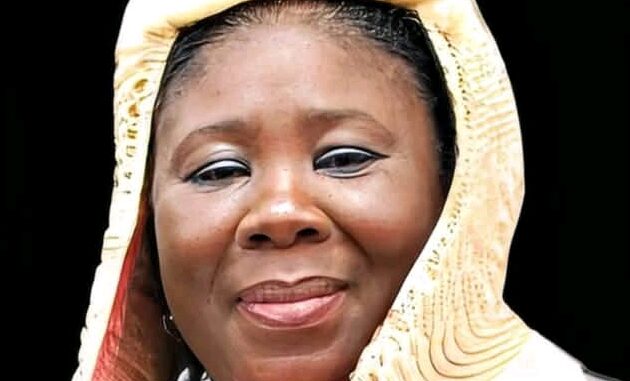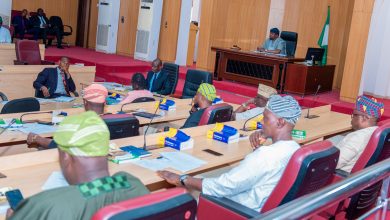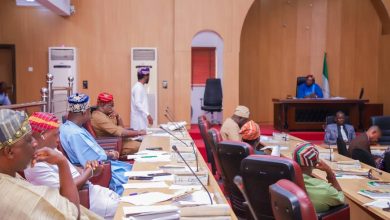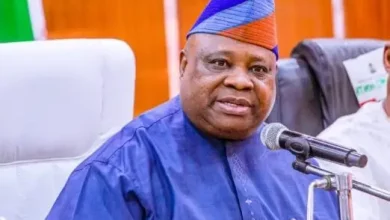Osun CJ Charged to NJC Panel Over Alleged Abuse Of Office

NJC, chaired by the Chief Justice of Nigeria (CJN), Justice Kudirat Kekere-Ekun, disclosed this in a statement following its 107th meeting held in mid-November 2024. The council’s Deputy Director of Information, Kemi Babalola-Ogedengbe, signed the statement.
The statement read, “The Council also empanelled a committee to investigate all complaints and petitions against Hon. Justice O. A. Ojo, Chief Judge, Osun State.”
The investigation stems from a petition submitted by Temitope Fasina, an Osun-based activist, who requested a review of Justice Ojo’s activities.
In the petition dated October 14, 2024, and received by the NJC, Fasina, through her lawyer S.M. Essienkek, accused Justice Ojo of abuse of office, disobedience to court orders, mismanagement of public funds, and unilateral suspension of judicial staff, among other allegations.
The activist highlighted what she termed “ongoing irregularities, corruption, and high-handedness” allegedly characterising the Osun State Judiciary under Justice Ojo’s leadership.
The petition referenced other grievances, including submissions by the Judicial Staff Union of Nigeria (JUSUN) to the Osun State House of Assembly and the NJC. Fasina cited irregularities in the judiciary’s audited financial statement, alleging that funds allocated for training and manpower development were not utilised appropriately.
She further alleged instances of expenditures without supporting documentation, violating the Osun State Government Financial Regulations Law.
One specific allegation detailed how, on November 13, 2019, the state high court directed the forfeiture of N7.4 million held in bond with the Chief Registrar of the Osun State High Court to the Osun State Government. Fasina claimed that Justice Ojo subsequently ordered the funds to be paid into an undisclosed account without authorization.
The petitioner called on the CJN to review the allegations and argued that Justice Ojo is “unfit to remain a judge and Chief Judge of Osun State.”






